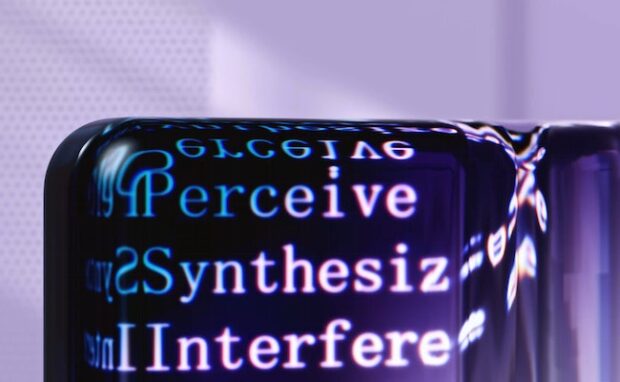Researchers in Japan translate chicken sounds with AI
Researchers from Japan said they created a machine learning model that can translate chicken sounds. University of Tokyo professor Adrian David Cheok said he and his team trained the model to associate specific clucks with emotional states. As a result, they claim it hits an “impressive accuracy rate of close to 80%.”
Artificial intelligence has been impressing the world lately by generating nearly anything we want, like pictures and articles. However, some scientists push the boundaries of this technology by making it perform tasks previously thought to be impossible. Specifically, this study may prove that AI could help us understand animals.
This article will explain how these researchers created a chicken AI translator. Later, I will cover similar AI programs that deal with multiple languages.
How did the researchers create a chicken AI translator?
Professor Adrian David Cheok and his fellow researchers claim they created an AI model to analyze chicken vocalizations and identify them as six emotional states. The New York Post says these are hunger, fear, anger, contentment, excitement, and distress.
“It’s a cluckin’ great leap for science!” said Cheok. “And this is just the beginning. We hope to be able to adapt these AI and ML techniques to other animals and lay the groundwork for incredible intelligence in various animal-related industries. If we know what animals are feeling, we can design a much better world for them.”
“Our methodology employs a cutting-edge AI technique we call Deep Emotional Analysis Learning (DEAL), a highly mathematical and innovative approach that allows for the nuanced understanding of emotional states through auditory data,” Cheok added. Here’s how his methodology worked:
You may also like: Lab-grown meat gets USDA approval
- He worked with a team of eight animal psychologists and veterinary surgeons who offered their insights about the emotional states of chickens.
- Then, they analyzed a sample size of 80 birds and around 200 hours of chicken noises.
- Scientists fed AI with 100 hours of chicken recordings and tagged each sound with an emotional state.
- Next, they uploaded 100 hours of new chicken sounds to AI.
As a result, the technology allegedly identified the chickens’ emotional states 80% of the time. “This research not only opens up new avenues for understanding and improving animal welfare but also sets a precedent for further studies in AI-driven interspecies communication,” said the team.
They also said chickens are “highly social animals.” That is why they will create a free app so farmers can communicate with their chickens with artificial intelligence.
What are other AI translation programs?
Japan has been developing other AI programs due to its unique language system. For example, the country announced it would create its own version of ChatGPT to translate Nihongo properly.
Tohoku University researcher Keisuke Sakaguchi says, “Current public LLMs, such as GPT, excel in English but often fall short in Japanese due to differences in the alphabet system, limited data, and other factors.”
ChatGPT’s creator is OpenAI, an artificial intelligence firm based in San Francisco. Hence, it’s unsurprising for the bot to specialize in English. However, the Japanese language, Nihongo, is more complicated than English.
You may also like: Top 10 AI careers for non-techies
Hopefully, the new version will follow Japan’s grammar rules and unique culture. Another company, Mantra Engine, uses artificial intelligence to translate Japanese comics or manga into English.
It believes making it easier to translate manga could help it become more prominent worldwide. Even smaller creators could make their works more accessible to more countries.
Also, Mantra Engine could reduce its widespread piracy. CEO Ishiwatari Shonosuke said, “If we heighten the efficiency and release translated versions without any time lag, we can prevent pirated manga translations from emerging.”
Conclusion
Researchers in Japan created a chicken AI translator app. They offered it for free so that farmers worldwide could monitor their chickens better.
You can read more about their findings on the Research Square website. However, their findings have not been peer-reviewed at the time of writing.
This project shows artificial intelligence can do more than generate text. Learn more about these amazing capabilities and other digital trends at Inquirer Tech.

